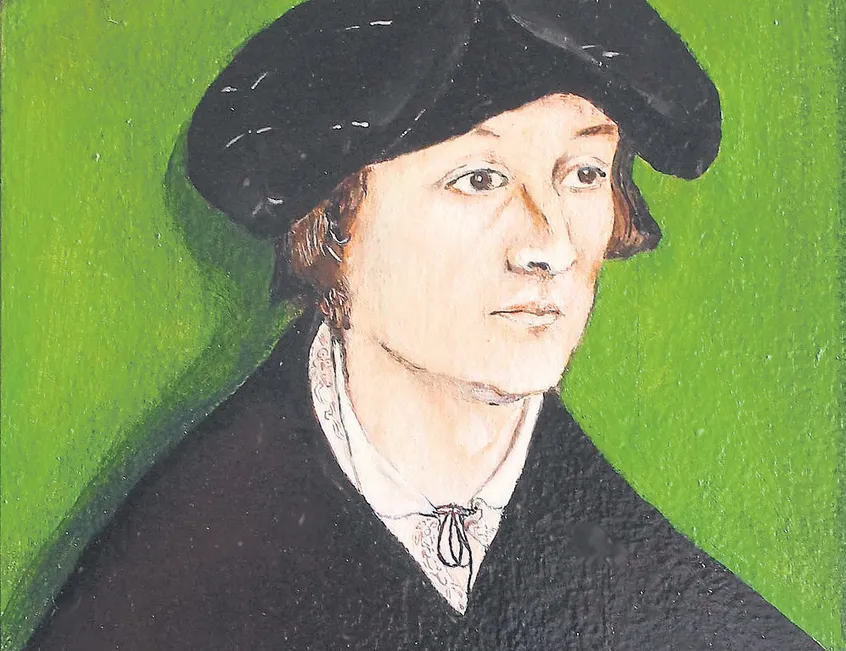There are Roman Catholics and Protestants.
One of the legacies of the Reformation is the emergence of these two main religious groups in Western Europe claiming to be Christian. And though they disagreed with each other on key matters that this column has already noted – issues like the nature of salvation and the question of religious authority – it is important to recognise that both groups were agreed that the state had a vital role to play in the life of the church. Like their RC opponents, most 16th-century Protestants could not envision a world where state and church were not working together for the cause of Christ.
Rejecting a state church
There were, however, a small number of individuals who refused to identify themselves with this way of thinking. These men and women rejected the idea of a national church to which every individual in the state belonged, along with its support in infant baptism. In other words, they rejected the idea of Christendom and repudiated what Canadian historian Ken Davis once described as ‘all attempts at political coercion of human conscience or a coerced Christianisation of culture’.








